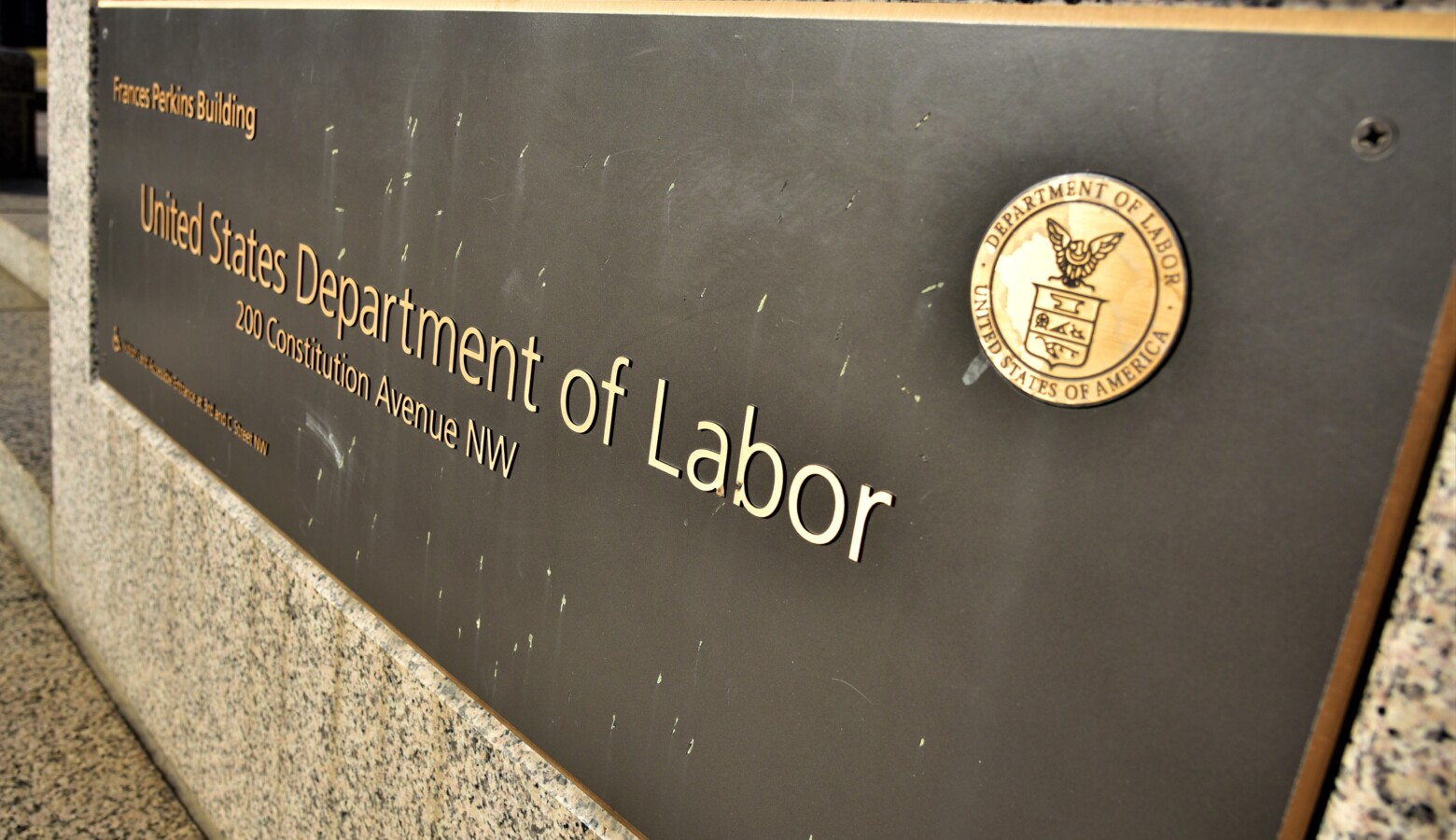New Federal Labor Rule On Indepedent Contractors Gets Mixed Reactions

The U.S. Department of Labor issued a rule earlier this week that attempts to help employers decide if a worker is an employee or an independent contractor, but reactions are mixed among groups in the state.
The final rule uses what it calls an “economic reality” test to determine who is, or isn’t, an employee. Factors to weigh include things like how much control a worker has over things like their schedule, how much money they earn, and the permanence of the job. In the past, those were all given equal consideration. Now, the worker’s amount of control and their opportunity for profit will be the main deciding factors.
Pete Rimsans, Indiana State Building and Construction Trades Council executive director, said he’s worried the rule change would make it easier for employers to misclassify workers as independent contractors, robbing them of potential benefits.
“It’s something that everybody just seems to want to ignore and neglect and now the U.S. Department of Labor wants to relax the regulations,” he said.
In 2010, the trade council commissioned a study estimating 15 percent of employees in the state were misclassified resulting in a loss of as much as $400 million in potential taxes. The Department of Workforce Development later contested their estimates, saying only about 8 percent of employees were misclassified and the cost of increasing enforcement outweighed the benefits of potential revenue gains.
As the gig economy increased over the last decade, Rimsans said so has the opportunity for corporations to misclassify workers, robbing them of potential perks like health insurance or unemployment benefits.
“If [corporate lawyers] see a loophole that a truck will fit through, they’ll tell their clients … here’s a place for your truck,” he said. “I think it definitely opens the garage door. I can’t say how much the truck is going to fit in, but it’s definitely sticking its nose in.”
Rimsans signed onto a letter last year urging DOL to reconsider their position on employee classification.
Elizabeth Roberson, a lawyer for Krieg DeVault LLP who advises companies on employee classifications, doesn’t agree with that interpretation and points out it’s very similar to the previous rule.
“This new proposed rule is kind of already the status quo,” Roberson said. “This is a very similar test to the one we did before … so I don’t think it’s anything to worry about.”
She said creating a simpler standard should only serve to reduce misclassification.
“I think it’s a great thing for both the employer and the worker because it’s going to provide more certainty,” she said. “I think that’s why the Department of Labor decided to adopt a rule.”
The rule change could be a moot point however, as the Biden administration is expected to freeze or strike it down soon after Inauguration Day.
Contact reporter Justin at jhicks@wvpe.org or follow him on Twitter at @Hicks_JustinM.

